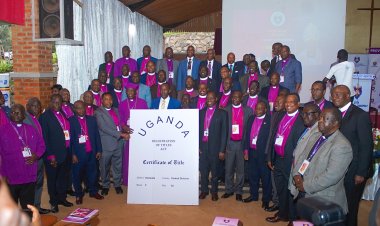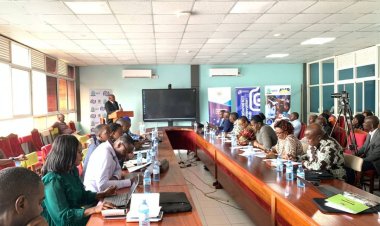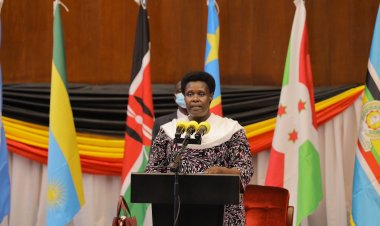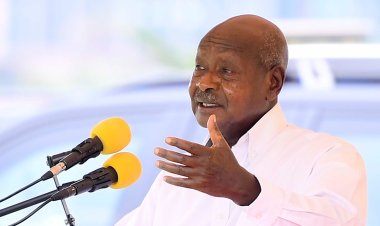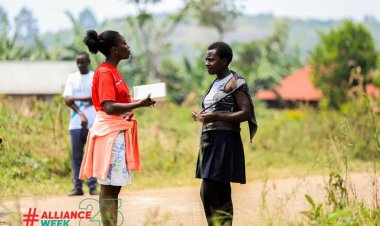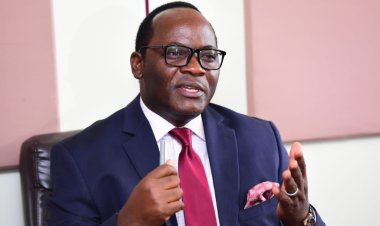OP-ED: Creating A Skilled Workforce for a Thriving Economy: The impact of Presidential Skilling Hubs on Job Creation

By Hakim Kyeswa
In recent years, the Ugandan government has implemented a new strategy to tackle unemployment and boost economic growth in the country – the establishment of Presidential industrial Skilling Hubs. These hubs, located in different regions of the country, aim to provide technical and vocational training to young people and equip them with the necessary skills to meet the demands of the job market. The initiative, championed by President Yoweri Museveni has already started to yield positive results, creating opportunities for Uganda’s youth and contributing to the country’s development.
One of the most significant challenges facing Uganda’s young population is unemployment. According to the World Bank, the youth unemployment rate in Uganda stands at a staggering 13.3%, with the majority of young people unable to secure employment due to a lack of skills and experience. The Presidential Skilling Hubs address this issue by providing free training in various vocational trades, including carpentry, plumbing, electrical work, and agriculture. This training not only allows young people to acquire practical skills but also increases their employability and chances of landing a job.
These hubs are strategically located in different regions of the country, with each hub focusing on the specific needs of the region. For example, the Karamoja Skilling Hub, on top of other technical skills, trains youth in livestock management and animal husbandry, given the region’s main economic activity of cattle rearing.
The Northern Skilling Hubs, on the other hand, also equip the youth with skills in agriculture, as the region is predominantly agricultural. This targeted approach ensures that youth are equipped with skills that are relevant to their local economy, increasing their chances of finding employment or starting their businesses in their communities.
Moreover, the Presidential Skilling Hubs go beyond just providing technical training. They also offer entrepreneurship training, where young people learn the necessary skills to start and manage their businesses. This not only creates job opportunities for themselves but also contributes to the country’s economic growth by promoting entrepreneurship and innovation.
Another positive impact of these Skilling Hubs is the empowerment of young women. In a country where gender inequality is still prevalent, the hubs provide equal opportunities for young women to acquire skills and become self-reliant. This helps to break the cycle of gender-based poverty and promotes gender equality in the long run.
The hubs have also fostered partnerships with the private sector, providing opportunities for young people to intern and gain practical experience. This partnership not only ensures that the training provided is relevant to the job market’s needs but also creates a linkage between the Skilling Hubs and potential employers, increasing the chances of employment for the youth.
Furthermore, the Presidential Skilling Hubs have also been instrumental in promoting social cohesion and peace-building in conflict-affected areas. Through the training of youth from different ethnic and religious backgrounds, the hubs provide a platform for increased interaction and understanding, leading to improved relations and peaceful coexistence. This contributes to the country’s stability and development in the long term.








